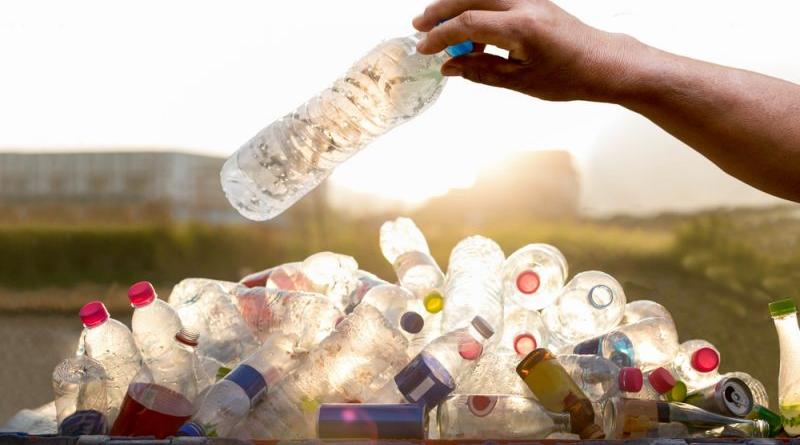Plastic production on the rise worldwide but slowing in Europe.

While the global production of plastics is increasing, it is decreasing in Europe, according to PlasticsEurope, the leading pan-European association of plastics manufacturers. EURACTIV’s partner le Journal de l’Environnement reports.
At a global level, plastic production is increasing. With 359 million tonnes placed on the market in 2018, the sector recorded a 3.2% increase compared to the previous year.
Since 1990, production has more than tripled.
More than 50% in Asia
With 30% of the world’s supply of plastics, China continues to maintain its leading position after having doubled the amount of plastic it manufactures compared to 2017. Together with the rest of Asia, it has more than 50% of the world’s plastics.
Production in North America has also increased as it now has 18% of the world’s share, driven by the new unconventional gas-fired facilities in the United States.
Production decrease in Europe
After the manufacturing of plastics saw a 3.4% increase in 2017, European production fell by 4.3% in 2018. This could be linked to a possible effect of the increase (+26%) in US exports. Unlike Europe’s open market, China closes its market to US exports every time it increases its tariffs.
Consumption, on the other hand, increased by 0.4%. It is mainly driven by the packaging and construction sector, which are far ahead of the car industry.
In France, the decline is even more pronounced: -5.1% for production and -2.6% for consumption. Could this be linked to French and European policies against single-use plastics?
According to PlasticsEurope, “it is premature to deduce a trend change in the long term”.
Demand for recycled plastics increased by 14% in France according to an estimate from France’s National Union of Plastics Regenerators.
Polyethylene continues to be the most manufactured plastic
With regards to polymers, the most common plastics are polyethylene or PE (27%), thermosetting plastics (21%), polypropylene (19%) and polyvinyl chloride or PVC (13%).
Despite being easily recyclable, polyethylene terephthalate (PET) represents only 6% of the plastics produced.
6 June 2019





